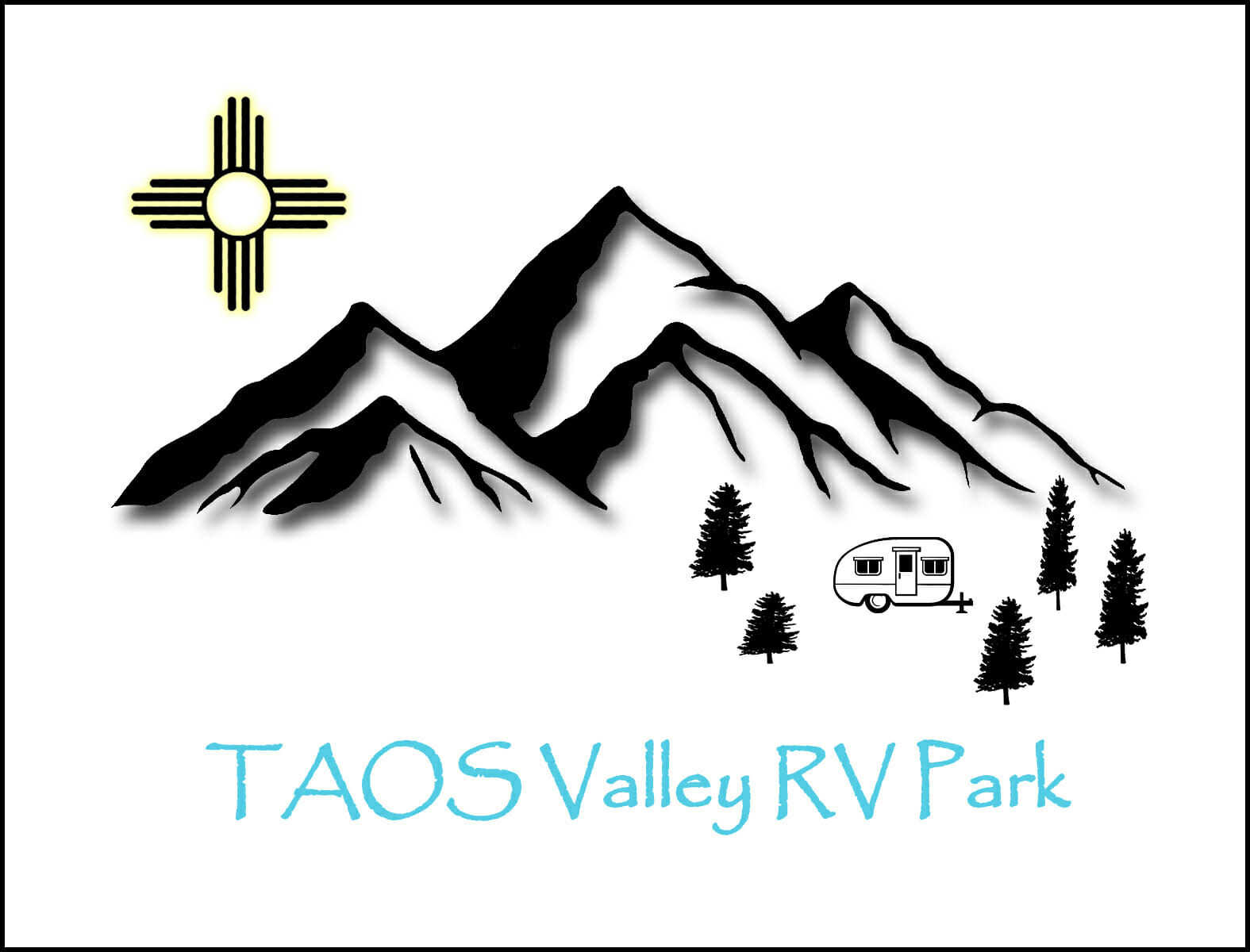Conduct a Pre-Drive Safety Check
Most RV accidents happen because of forgetfulness. That’s why it’s important to create a safety checklist and conduct a walkaround inspection of your RV before setting off. Your checklist should include:
- Checking any tow bars and safety cables
- Retracting jacks, steps, and awnings
- Checking for fluid leaks under the RV
- Checking the oil, transmission, and coolant levels
- Checking air brakes, parking brakes, and tow brakes
- Checking that stoves, ovens, and heaters aren’t on or lit
- Checking the propane tank for leaks
- Checking propane intakes/exhaust lines for blockages
- Checking tire pressure and tread wear
- Ensuring smoke and propane leak detectors are functioning
- Checking your surroundings (weather, overhangs, ground hazards)
- Checking that all bay doors are latched
- Checking that all power, TV, phone, water, and sewer lines are disconnected
Check the Weather
Practice Driving Your RV
Especially if your RV is new or if you’re inexperienced, practice driving your RV before you set off on a cross-country adventure. You should be familiar with accelerating, braking, using the mirrors, and backing up.
Check Your RV Insurance and Road Service
Make sure that your insurance covers every part of your RV trip and research road services that specialize in RVs. If you break down, you’ll need to be prepared to deal with the outcome.
Confirm Your Reservations
When you’re within a couple of hours of your campground, call to confirm your reservation. On the off-chance that the campground made a mistake or your reservation is no longer available, make sure you have a list of other nearby campgrounds ready. A list of alternatives might be a pain to put together, but you’ll appreciate it if you need it.
If you aren’t going to make your reservation, call the campground as soon as you know. It might save you a charge to your credit card.
Check Road Conditions, Construction, and Closures
You can save yourself time and frustration by checking for reports of road conditions, closures, and construction. The US DOT Federal Highway Administration website is a great resource for this.
Pay Attention to Your Electrical Load
Keep your electrical load in mind while using your RV. Most are wired for 30 or 50 amps, so plugging in and using all of your appliances at once isn’t going to work. If you aren’t sure about how many amps your charger or an appliance uses, the formula to convert watts to amps is: Watts ÷ Volts = Amps
Perfect Your RV’s Weight Distribution
Weight distribution is critical for large vehicles, including your RV. Before you set off, determine how much water and fuel you can carry with you so you can stay under your RV’s legal weight limits. You can weigh your RV at commercial truck stops, weigh stations, or DOT checkpoints. If you’re RV is too heavy, consider driving with empty water tanks and filling up at your destination.
Respect the Wildlife
Wildlife is great fun to observe, but it’s important to remember that wild animals see humans as intruders, prey, or a food source. Bears will tear through doors to get to food, so don’t leave leftovers or trash lying around.
Depending on where you’re camping, wasps, snakes, and scorpions could be other concerns to be prepared for. Pay attention to the park or campground rules and warnings.
Stay Safe Out There
RV trips are great fun, but—as with most things—safety should always be your first priority! Make sure you’re thinking ahead so you’re prepared to deal with any mishaps or challenges you might face. Doing so can help keep your trip on track and ensure everyone has a great time!
